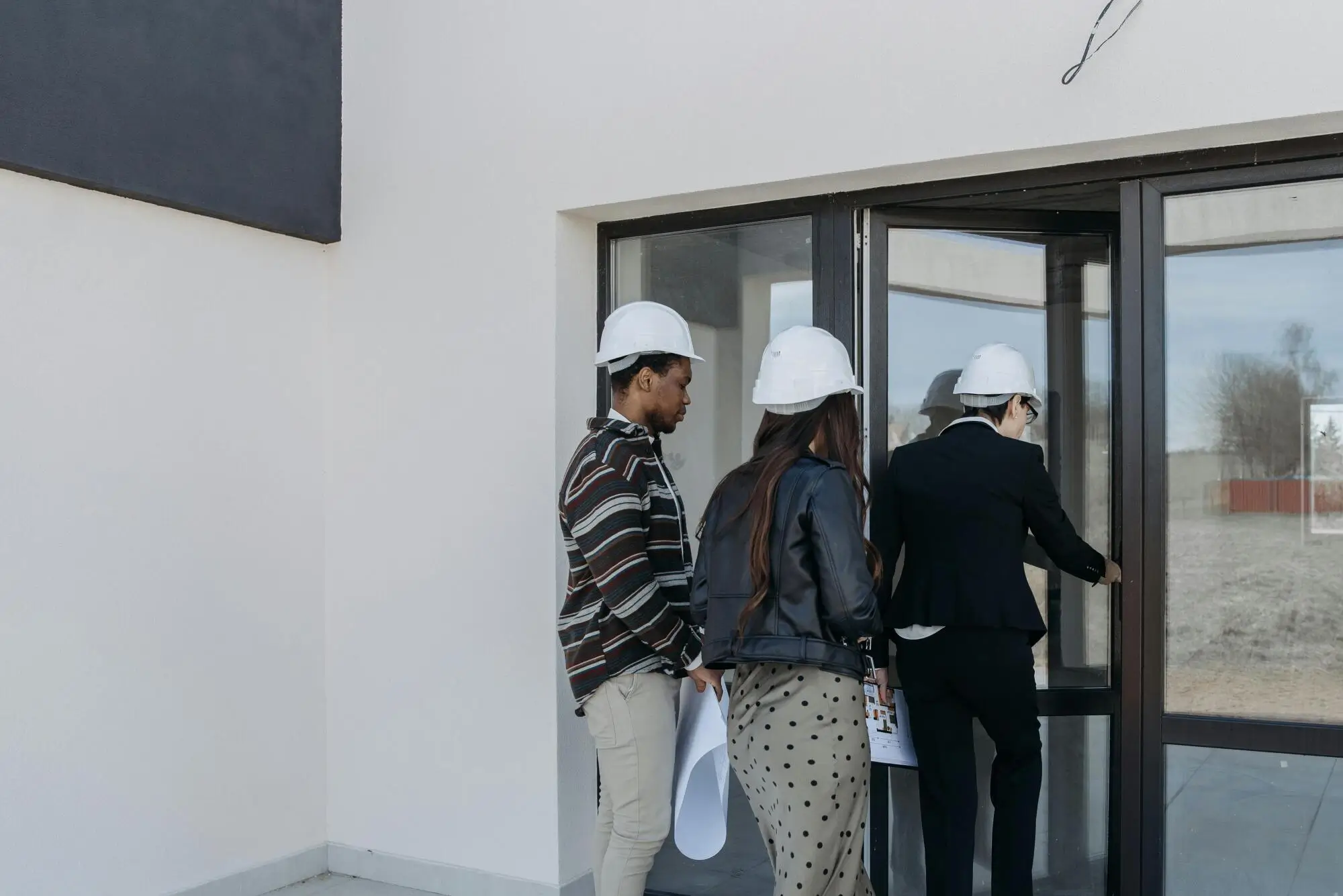As a landlord, your rental property represents a significant investment. In a competitive real estate market, keeping your property in top-notch condition can directly influence tenant satisfaction and vacancy rates.
This is where rental property inspections come into play. Conducting regular inspections not only helps safeguard your investment, but also ensures that your tenants experience a safe and well-maintained living environment.
You know that conducting these inspections is vital, but how often should you have them? Read on to find out the answer to this question.
Understanding Rental Property Inspections
Rental property inspections are systematic examinations of the property to assess its condition, identify potential issues, and ensure compliance with safety and maintenance standards. These inspections can take various forms, including tenant move-in inspections that document the property's state before occupancy or routine checks aimed at maintaining the property's overall quality.
Why Landlords Should Conduct Regular Inspections
Regular inspections can help landlords identify early signs of property damage that might otherwise escalate into costly repairs. Here's how implementing a rental property inspection checklist can benefit you:
- Risk mitigation: Discovering issues early mitigates risks associated with tenancies and reduces unexpected costs
- Tenant relations: Maintaining open communication through regular inspections builds trust with tenants, fostering a more positive landlord-tenant relationship
- Property maintenance planning: Inspections provide crucial information for future property maintenance planning, enabling you to budget and prioritize repairs
With proper planning and scheduling, landlords can conduct effective inspections without significantly disrupting tenants.
Having clear inspection scheduling guidelines is crucial. Typically, it's advisable to schedule inspections at least twice a year and conduct move-in and move-out inspections to document any changes in property condition.
Establishing an Inspection Schedule
So, how frequently should landlords conduct inspections? The answer varies based on your rental property's specific needs, the types of tenants you have, and the lease agreements in place. Here are some general guidelines.
Move-in Inspection
Always conduct a move-in inspection with the tenant. This documentation protects both parties and sets clear expectations on the property's condition.
Quarterly Checks
For most rental properties, scheduling inspections every three to four months is advisable. This ensures that both landlords and tenants are aware of any potential issues before they worsen.
Mid-Term Checks
If you have long-term tenants, a mid-term inspection halfway through their lease can be beneficial. If problems arise, it gives you a chance to address them before lease renewal discussions.
Annual Reviews
An annual comprehensive inspection is a must. It gives you a broader perspective of the property's overall condition and helps you prioritize any major repairs needed.
Safeguarding Your Investment Through Inspections
Prioritizing regular rental property inspections is a crucial element of property management that pays dividends in the long run. Not only does it help maintain the property's value, but it also promotes tenant satisfaction and reduces maintenance costs. By following a solid inspection strategy, landlords are empowered to protect their investments effectively and ensure their tenants reside in a safe and comfortable environment.
Ready to streamline your rental property management process? Then contact us today. We at PMI Central New Jersey have a 100% happiness guarantee!


